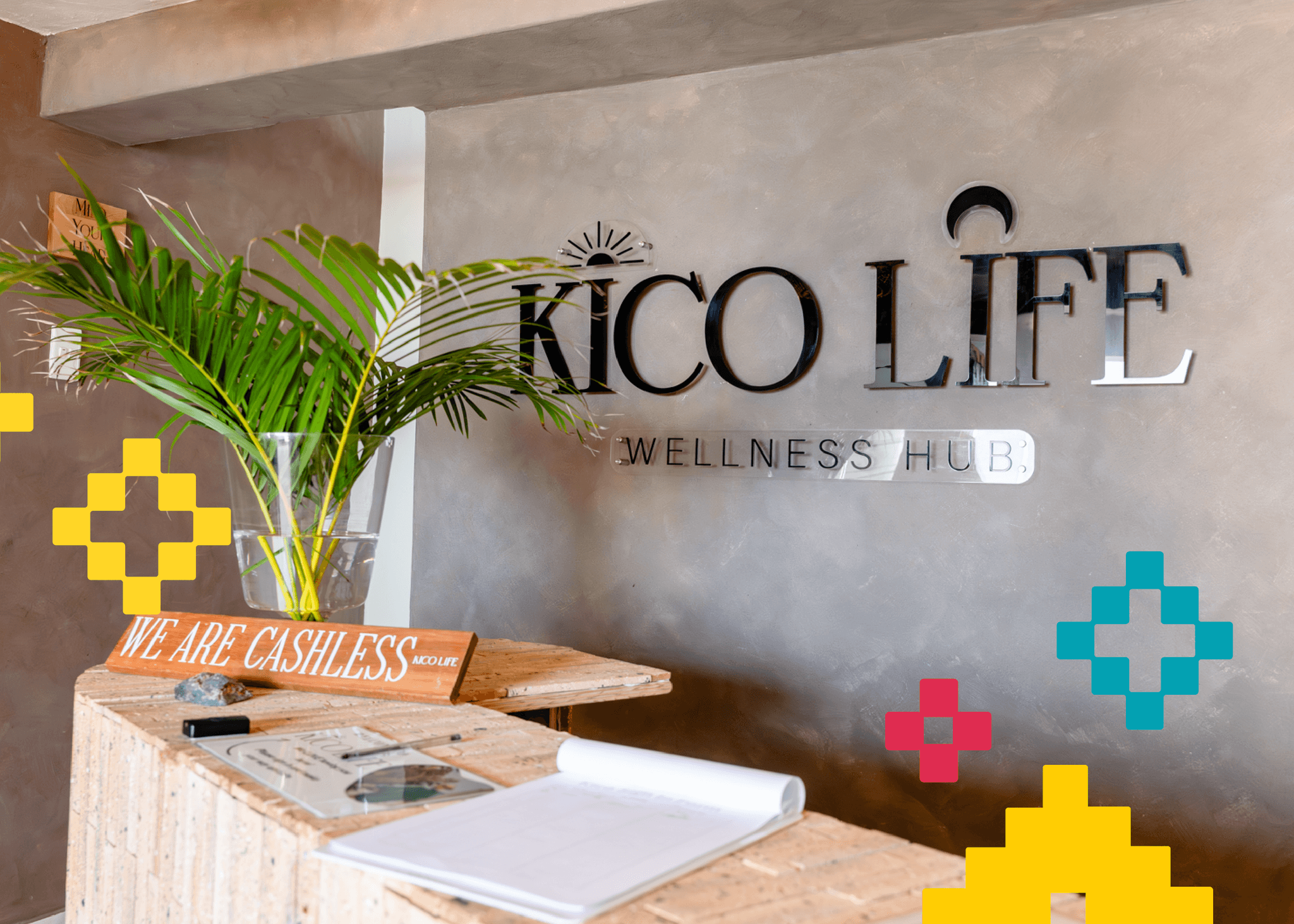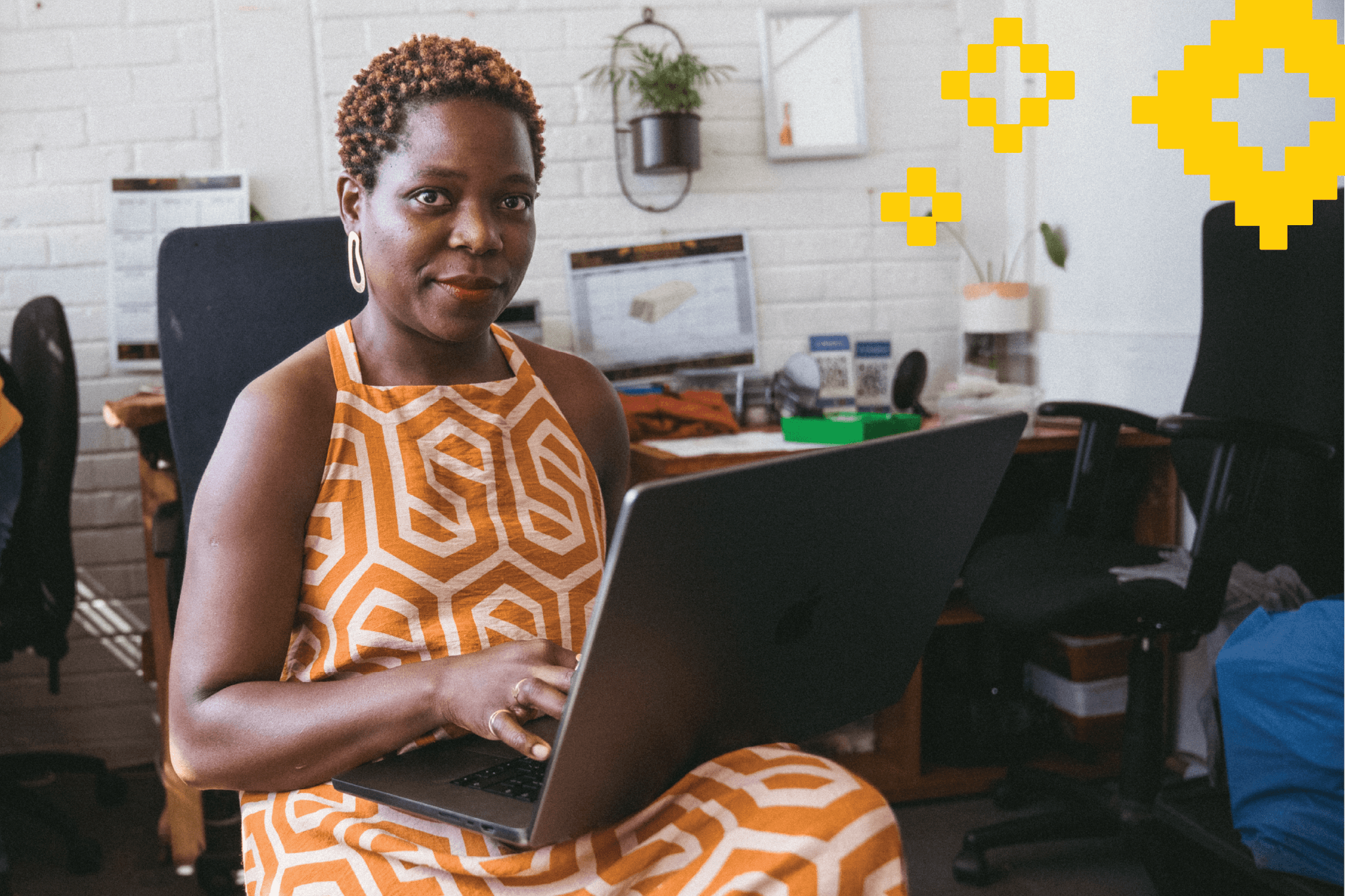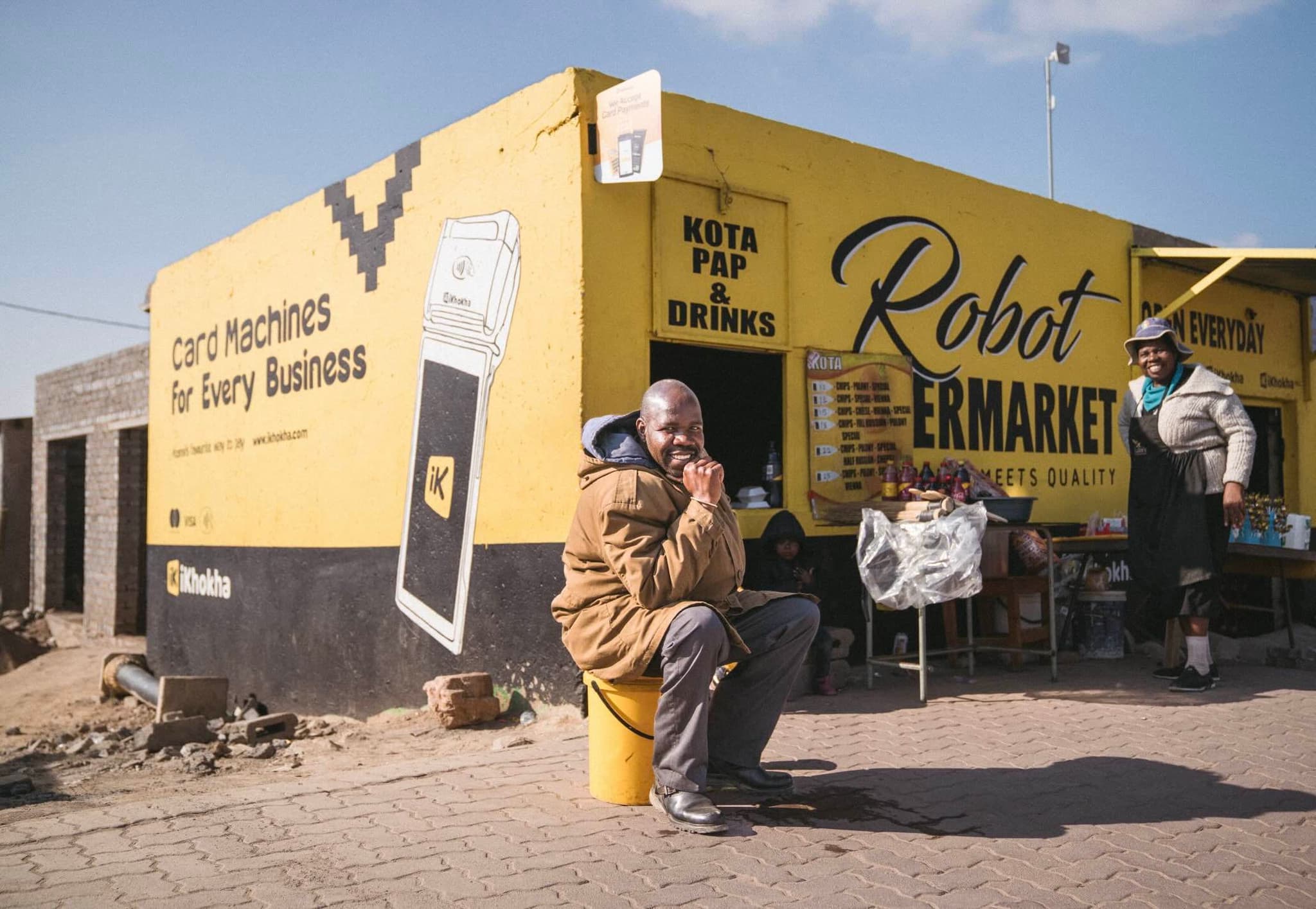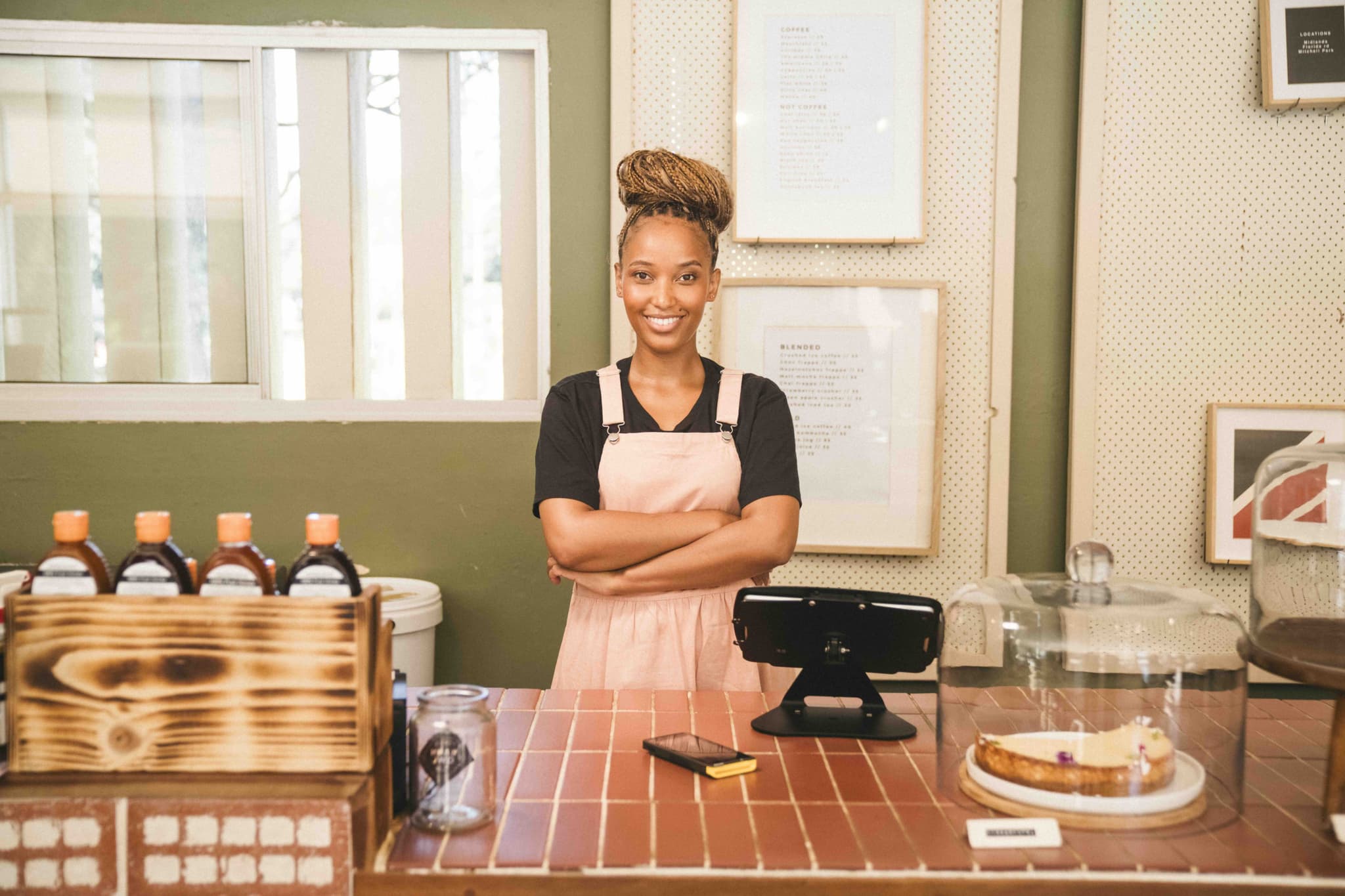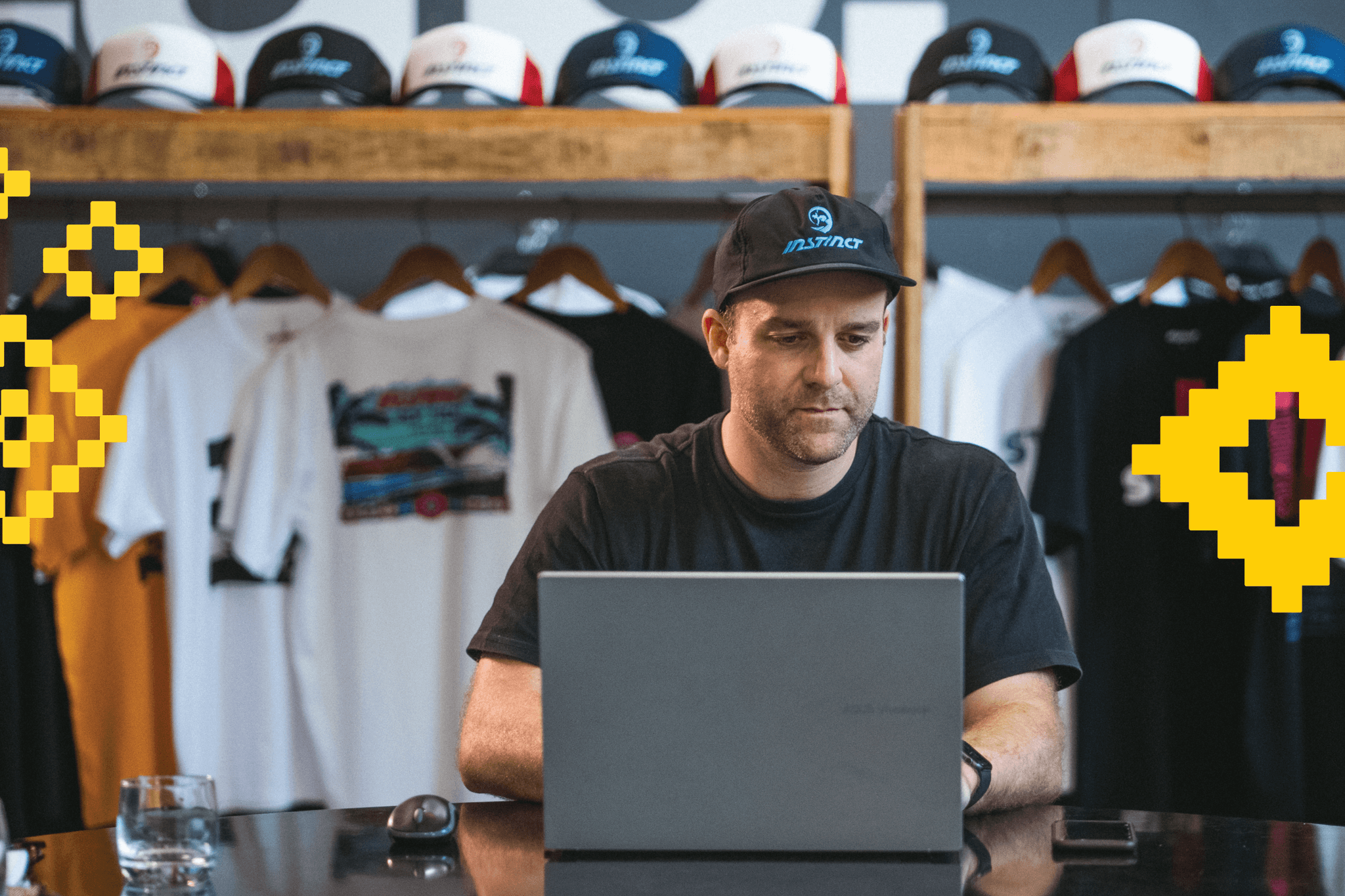
Back to Basics: How to Register as a Sole Proprietor in South Africa
Learn how to easily register as a Sole Proprietor in South Africa with our simple guide to going solo.
Table of Contents
- Introduction
- What is a Sole Proprietor and why might it work for you?
- Sole Proprietorship vs. Private Company (Pty Ltd)
- Sole Proprietorship vs. Partnership
- How to register as a Sole Proprietorship: The Steps
- The Pros and Cons of going solo
- Sole Proprietor? Here are your next steps…
- Don’t know where to start? We’ve got your back!
Are you a talented videographer building your portfolio one client at a time? Or perhaps you’re a passionate, self-taught baker making delicious scones the whole kasi loves from your kitchen? If you're a freelancer or an ambitious solo entrepreneur trying to grow your business, becoming a sole proprietor might be the perfect first step to achieving success.
Using this guide, we’ll break down how to register as a sole proprietor in South Africa so you can formalise your business without any added hassles or unnecessary complications.
Your journey starts here…
What is a Sole Proprietor and why might it work for you?
A sole proprietorship is the simplest form of business structure you can choose. Simply put; it’s just you. You’re the business. One person in full control of everything. This means you’re a single owner who holds 100% control over every decision your business makes, from the vision to the strategy and daily operations.
All the profits after expenses and taxes also belong to you. Sole proprietorship also has much less paperwork compared to registering a formal company (like a Pty Ltd, which has stricter legal requirements).
Because there are fewer compliance requirements, it’s a very affordable way to get your business off the ground quickly. You won't need to worry about being tangled up in complex legal setups or the added costs that come with registering your company, which is a big win for you.
Let’s break it down even further by looking at a sole proprietorship vs other common business types:
Sole Proprietorship vs. Private Company (Pty Ltd)
A Pty Ltd is a distinct legal entity. Effectively, it’s a business that exists separately from its owners and requires formal registration with the Companies and Intellectual Property Commission (CIPC).
Private companies have more detailed compliance rules and accounting standards and also have to submit things like annual returns. A major plus to this setup is limited liability, which allows you to separate your personal assets like your house or car from your company to protect them if the business faces financial difficulties or legal issues.
On the flip side, a sole proprietorship is not a separate legal entity, so if your business ever gets in trouble, your personal savings or property could be at risk. You also don’t have to formally register the business with the CIPC, and there are fewer compliance hurdles to jump over.
Sole Proprietorship vs. Partnership
A partnership has two or more individuals agreeing to share the profits or losses of a business. There’s a formal partnership agreement that clearly outlines who does what, how you take business decisions and how you share profits.
A sole proprietorship is a one-person operation so, it’s the simplest, quickest route for you as an individual who freelances, owns a small online trading business or if you just want to test a business idea that doesn’t need a serious upfront investment or shared ownership.
How to register as a Sole Proprietorship: The Steps
A sole proprietorship has quite a straightforward "registration" process, which is a huge plus in saving on time and effort. You don’t need to fill out long forms with the CIPC, as you would for a Pty Ltd company. But there are still some steps you have to complete to operate legally and effectively.
You’ll need:
- Certified copies of your South African ID and your proof of residential address: A valid ID and proof of address are crucial to your business because you’ll need them for tax purposes and to confirm where your business mainly operates from.
- Your business or trading name: As a sole proprietor, you have the flexibility to operate under your own legal name but quite a lot of sole proprietors choose to operate under a separate "trade name”. Whichever you choose, make sure your name is unique and relevant to what you do.
While a trade name isn't formally registered with the CIPC as a company name would be, it’s still a good idea to do a quick online search to see if someone else is already using it.
- A clear definition of what your business does: Even though you don’t really need to give this information to the CIPC, having a clear idea of what services or products your sole proprietorship will offer is the key to your success. Any business worth its weight in salt, has done thorough research about its target market and understands its operational needs.
- Register with the South African Revenue Service (SARS): This is a non-negotiable. Any individual earning an income from their business activities in South Africa needs to be registered as a taxpayer with SARS. As a sole proprietor, your business income will be declared under your personal income tax.
- Get a business bank account: Having a business bank account to keep your business finances separate from your personal money is a great idea. You can manage your income and expenses much easier plus you’ll be able to streamline tax calculations, track your business's profitability, and build a more professional image to clients and suppliers.
Remember: You don’t need to go to the CIPC site to register as a sole proprietor. The CIPC deals with the registration and regulation of formal company structures like Pty Ltd., and non-profit organisations. And this lack of formal CIPC registration is exactly why registering as a sole proprietor could be the move for you.
The Pros and Cons of going solo
Becoming a sole proprietor comes with a lot of advantages, especially if you’re just starting out or prefer to keep your business adaptable in an ever-changing SME landscape. But there can be potential drawbacks.
Some Pros:
- You have ultimate flexibility as a sole owner. You’re the only one calling the shots, so you’ll be able to adapt quickly to market changes, experiment with new ideas and make changes that positively impact your business without too many hurdles, which is a huge asset for growing businesses.
- Getting your business up and running is easier. Registering as a sole proprietor is straightforward. The minimal paperwork and lower setup costs mean you can hit the ground running with your business and move from idea to active business very quickly.
- You’ll have full control of your company. Every business decision is yours alone. And crucially, all the profit generated by your business goes directly into your pocket. This can be incredibly motivating and rewarding for you as an entrepreneur because who doesn’t enjoy earning a good living from their cool idea?
The Cons:
The one major obstacle that could challenge your setup as a sole proprietor is Unlimited Liability. When there is no legal separation between you, the individual, and your business, it leaves you vulnerable to some risks. If your business were to run into some financial difficulties or any other issues, your personal assets like your house, car, or personal savings could be at risk to cover those business liabilities.
Despite some of the risks, registering a sole proprietorship in South Africa is still probably the ideal path for you if you’re trying to establish a low-risk start-up or even trying to test out some ideas you have. If your business involves higher financial risks, or you plan to try and secure significant funding, launching a private company might be a better long-term solution for you to protect your personal assets and make sure you’re stable enough to grow.
Sole Proprietor? Here are your next steps…
You’ve taken the step to formalise your hustle - now it’s time to set up a strong foundation so your business can grow with confidence. Here are the key moves you should make next:
1. Get your finances organised
Start tracking your income and expenses from day one. It helps you plan better, understand your cash flow and stay compliant with SARS. A simple spreadsheet or accounting app works well when you’re still small.
2. Separate your money
Open a business bank account to keep things clean, professional and easy to manage. It also helps you build credibility with suppliers and future customers.
3. Choose how you’ll accept payments
Make it simple for customers to pay you, especially if you’re selling from home, delivering services on the move or trading at markets. Tools like Tap on Phone or a lightweight device such as the iK Flyer Lite slot naturally into a sole-proprietor setup because you can get started instantly and track sales without extra admin.
4. Keep your records tight
File your documents neatly, invoices, receipts, quotes, contracts - anything that proves money in or money out. As your business grows, this admin discipline will save you a lot of headaches.
5. Stay compliant with SARS
Your tax is based on your personal income, so remember to declare all your business earnings. Consistent record-keeping makes this much easier.
6. Think about the future
Once your business starts taking on more risk, handling larger transactions or needing funding, begin thinking ahead: a Pty Ltd might eventually be a better fit.
Don’t know where to start? We’ve got your back!
Choosing to register as a sole proprietor is an empowering way to kick off your business journey, especially if you're looking for maximum flexibility and simplicity. You can quickly turn your unique skills and ideas into the real deal while being in control of your decisions and getting paid efficiently.








